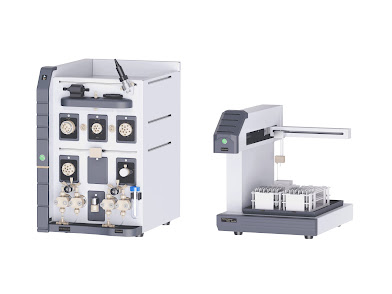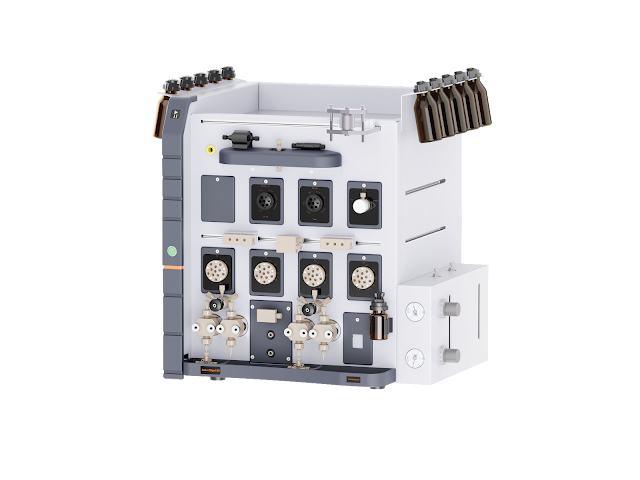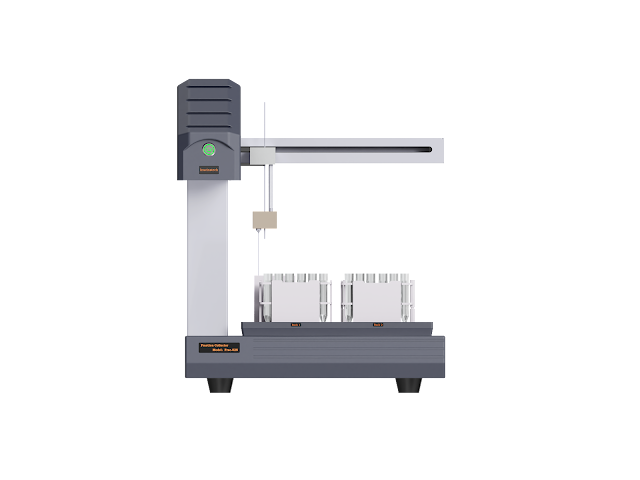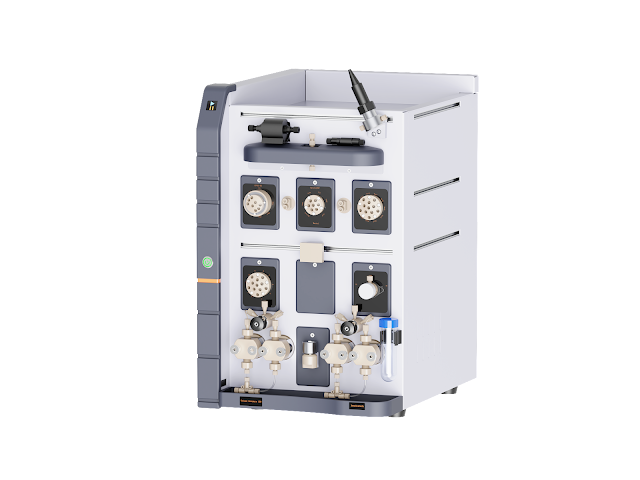Liquid Chromatography and Fast Protein Liquid Chromatography: A Comprehensive Guide

Liquid chromatography (LC) has become an indispensable tool in analytical chemistry, particularly in the pharmaceutical, biotechnology, and environmental sectors. It is primarily used for the separation and purification of small molecules, natural products, and pharmaceuticals. Meanwhile, Fast Protein Liquid Chromatography (FPLC) is a specialized form of LC, designed for purifying large biomolecules such as proteins, nucleotides, and peptides. This article delves into the principles and applications of Liquid Chromatography and Fast Protein Liquid Chromatography, highlighting their significance in modern analytical techniques. Liquid Chromatography: Principles and Applications Liquid chromatography operates on the principle of separating components of a mixture based on their different affinities to a stationary phase and a mobile phase. The Unique AutoPrep series automatic preparation liquid chromatography system, for example, showcases the advancement in this field with its abilit






